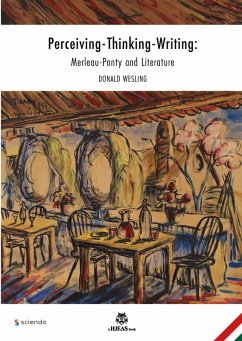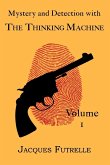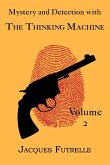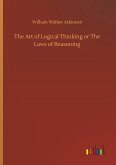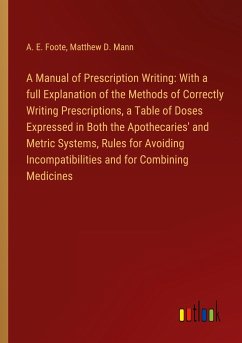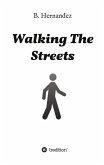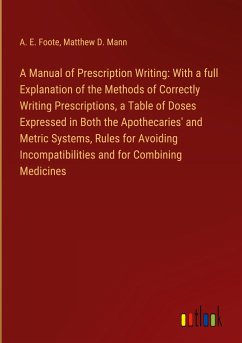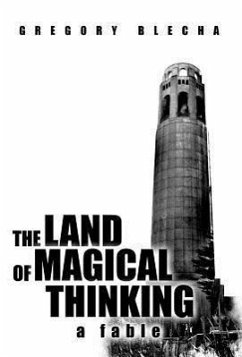Donald Wesling's leading argument, drawn from a crossover theory of the humanities, has philosophy and literature in a relation of constructive interference. What is common to both disciplines is the attempt to understand the necessary but often forgotten act of perceiving within the embodied mind. Wesling asks and answers: How does perceptual content enter thinking and writing?
His topics include a redefinition of Maurice Merleau-Ponty's phenomenology as a big-hearted rationality; quantum interference as a metaphor for thinking and also for the relation of self to the outer surround of things and persons; nine key terms from Merleau-Ponty as applied to the practical reading of poems and stories; the role of the sentence as an energy that structures thinking and writing; ordinary creativity and co-creativity.
Overall, Wesling emphasizes that the meaning for the humanities, now, may be found in Merleau-Ponty's belief that future work will be a search for "a secondary, laborious, rediscovered naïveté" and that in this pursuit "our relation to what is true must pass through others."
ABSTRACTING & INDEXING
Baidu Scholar
Bayerische Staatsbibliothek
BDS
BoD
Bowker Book Data
Ciando
CNKI Scholar (China National Knowledge Infrastructure)
Dimensions
EBSCO
ExLibris
Google Books
Google Scholar
Naviga
ReadCube
Semantic Scholar
TDOne (TDNet)
WorldCat (OCLC)
X-MOL
His topics include a redefinition of Maurice Merleau-Ponty's phenomenology as a big-hearted rationality; quantum interference as a metaphor for thinking and also for the relation of self to the outer surround of things and persons; nine key terms from Merleau-Ponty as applied to the practical reading of poems and stories; the role of the sentence as an energy that structures thinking and writing; ordinary creativity and co-creativity.
Overall, Wesling emphasizes that the meaning for the humanities, now, may be found in Merleau-Ponty's belief that future work will be a search for "a secondary, laborious, rediscovered naïveté" and that in this pursuit "our relation to what is true must pass through others."
ABSTRACTING & INDEXING
Baidu Scholar
Bayerische Staatsbibliothek
BDS
BoD
Bowker Book Data
Ciando
CNKI Scholar (China National Knowledge Infrastructure)
Dimensions
EBSCO
ExLibris
Google Books
Google Scholar
Naviga
ReadCube
Semantic Scholar
TDOne (TDNet)
WorldCat (OCLC)
X-MOL

